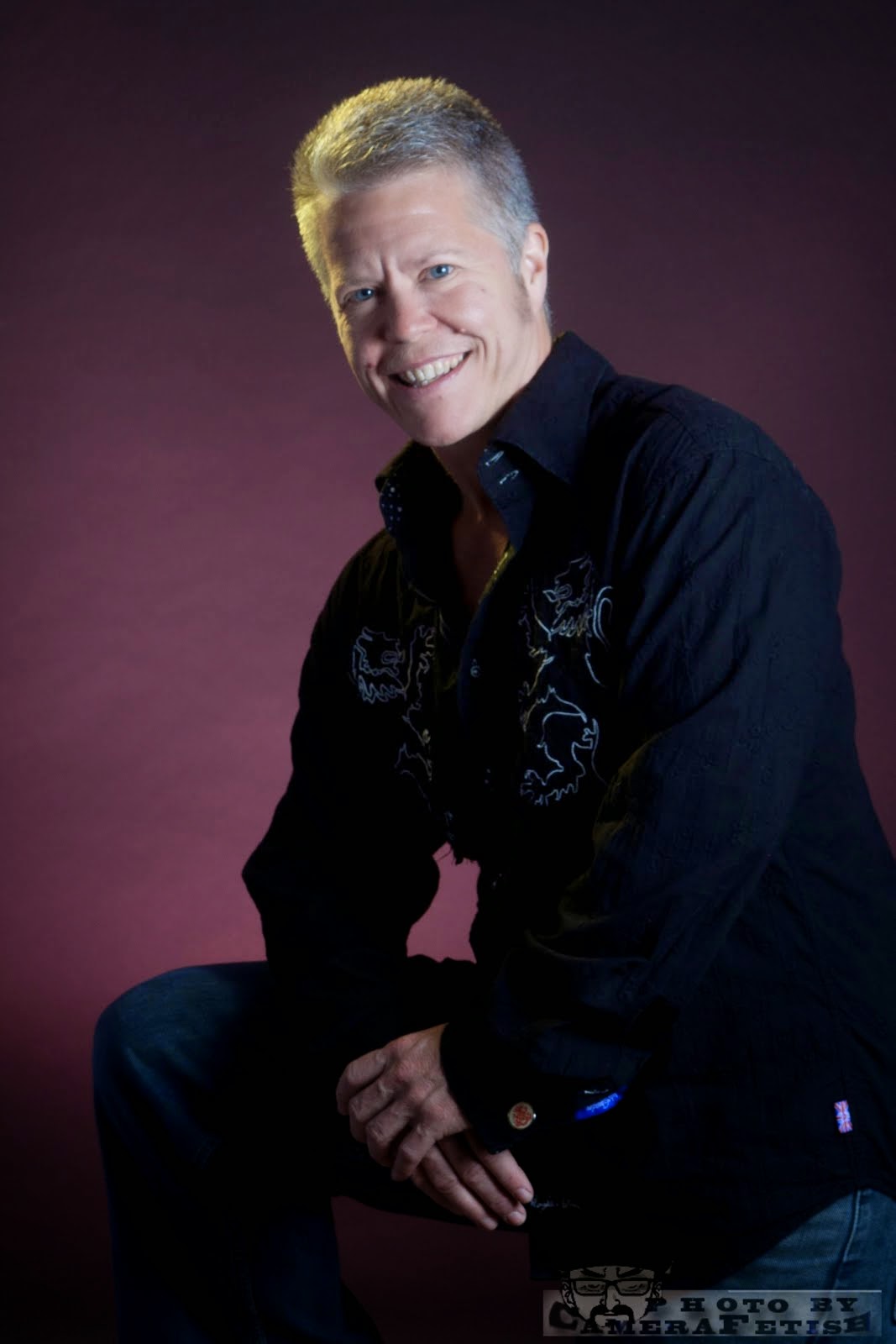Working as an out activist in our world today is
very different, terminology is constantly changing and it is important that we
all do our best to keep up on this state of growth. It is irrelevant whether we agree with it or
not, the fact is that if we want to be
able to reach and communicate with various generations we have to be open to
change while being respectful where others come from. This movement to take back the word Queer is
like women taking back the word Slut. The
word Queer for many was used in the past in a very derogatory fashion as a slam
and to oppress. Why should we keep
giving people that much power over us as a community? I like the idea of taking the word back and
defining it and making it our own. It
gives us the power. As Harvey
Fierstein said, “Never be bullied into
silence. Never allow yourself to be made a victim. Accept no one's definition
of your life; define yourself.” Now the
word Queer is very trendy, especially with younger generations and I
personally like the reasons that it is so popular. People are tired of being boxed into binary
sexuality, sexual orientation and gender roles.
Queer openly states that one does not buy into this binary system. Both sexual orientation and gender spectrums
are on a vast scale.
Let’s talk about sexual orientation first. The word queer in the context of sexual
orientation covers, gay, lesbian, bisexual, pansexual, pomosexual, asexual,
autosexual, heteroflexable and heterosexual people who’s sexual activity is
considered out of the “norm”, like polyamory, BDSM and S&M. Now that the book “50 Shades of Gray” is such
a hit, there may be many more people joining in the group of those of us who
identify outside of what society
considers the “norm.” Those of us who
would not be considered “vanilla” or even “beige” in most groups just because we
are considered different from “mainstream.”
Now to tackle the Queer part about gender identity,
gender expression and gender roles. This
goes even deeper in our society then sexual orientation. We are so brainwashed from the minute we come
out of the womb that there are only two sides to who we are. And we
have to choose between the “Pink” team and the “Blue” team. The term Queer says I do not buy this binary
gender theology our society tries to force feed us. It says there is a scale to gender and I will
not pick a side. It also challenges the
gender roles that are ingrained in our culture in a way that is scary to
many.
Basically the word Queer tears down boundaries. Boundaries that make some people feel safe
and comfortable. Boundaries that
identify everyone, puts them (and many hope keeps them) in their neat little
boxes. Reclaiming the word Queer is a political statement and it is
liberating. It is also more inclusive of
our entire community. So I challenge
those over 40 to try and let go of the old stigma that the word Queer brings up
and take the power back. For the younger
“Queers”, I challenge you help tear down these boundaries and I request that
you be compassionate and patient with your predecessors as this may take some
time to get used to. Anytime we can
re-claim something that anyone used against us or to hurt us with we regain our
power and confidence. The world is
changing in a positive way for civil rights.
Let’s be open to ways we can step forward with an openness to learn from
one another and educate in a compassionate way.
There came a time when the risk to remain tight in
the bud was more painful than the risk it took to blossom. ~Anaïs Nin

